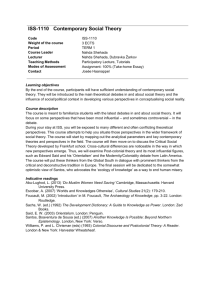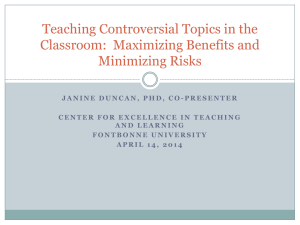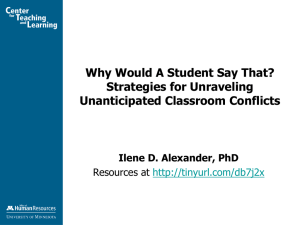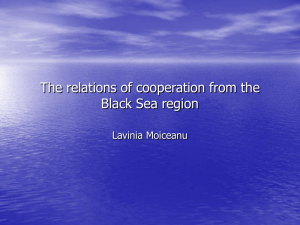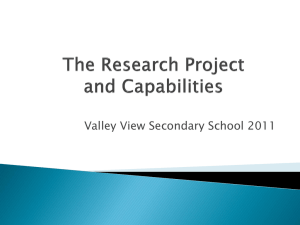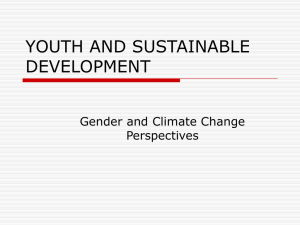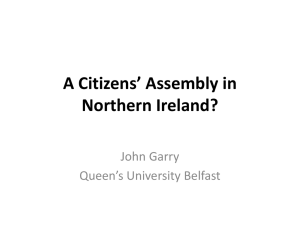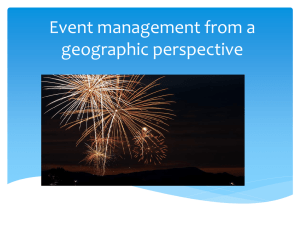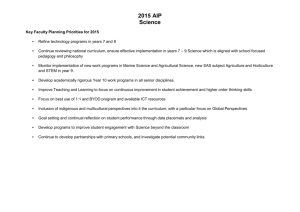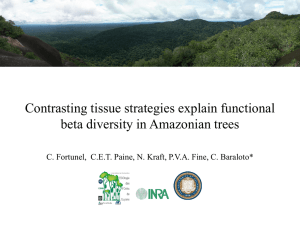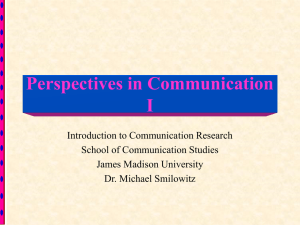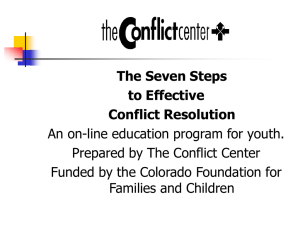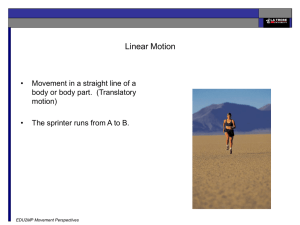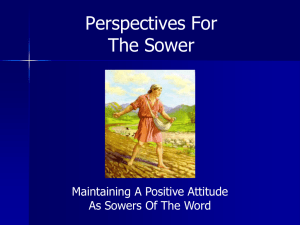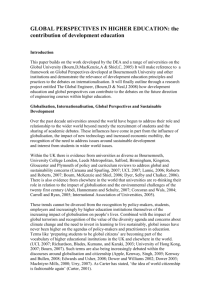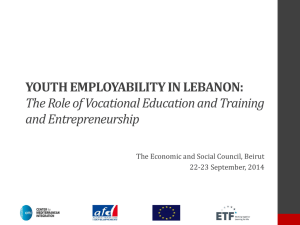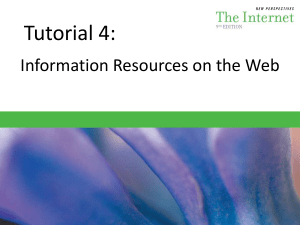Development Education
advertisement
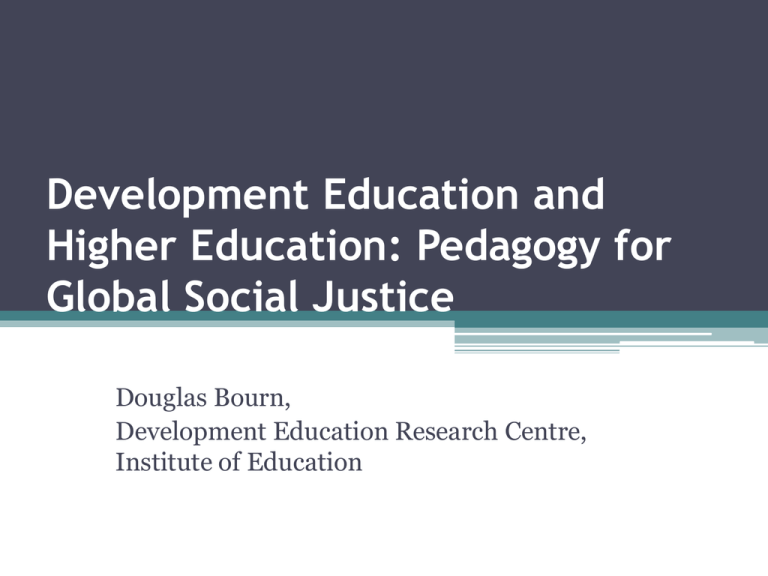
Development Education and Higher Education: Pedagogy for Global Social Justice Douglas Bourn, Development Education Research Centre, Institute of Education Aims of the Paper • Reflect on relationship between development education and internationalisation • Recognise linkages to global citizenship, global perspectives • Identify influences of critical pedagogy, postcolonialism, transformative learning • Pose relationship to practice and value of partnerships with NGOs. What do we mean by development education? • Approach to learning about global and development issues that recognises interconnectedness of people’s lives • Challenges assumptions about how people perceive the Global South • Promotes critical thinking • Develop skills and confidence to support change towards a more just and sustainable world. (DERC promotional leaflet) Variations on this • Active learning process- founded on values of solidarity, equality, inclusion and co-operation • Moves from awareness to understanding and informed actions (www.deeep.org) Perspectives from the South • Development education discourses predominantly Northern discourse • But term used in Southern Africa with regard to promotion of indigenous knowledges within education (Odora Hoppers) • In South Asia with regard to dialogical education and influence of Gandhi (Kumar) • In Latin America in relation to popular education and influence of Freire. Linkages to other concepts • Global Education - umbrella term for adjectival educations and universalist view of more values based education • Global Learning - education in response to globalised world • Global Citizenship Education - personal social responsbility and action for better world. Development Education and Higher Education in the UK • Building on practices in schools and other sectors of education • Global Perspectives in Education (DEA2003,2006,2008) • Initiatives at Bournemouth, Leeds Met, Leicester. • Curriculum connections - health, engineering, teacher education. Assumptions about DE and HE • Body of practice that has considerable expertise in enabling the learner to make connections between global and development issues and their own experiences and enthusiasms. • Participatory Methodologies • Critical thinking and dialogue • Learning for global social justice and global responsibility Where has DE come from • Desire from NGOs and policy-makers for support for development • Move in 1980s onwards to more radical, critical approach • But been primarily funding led • Lack of relative autonomy as a body of practice or independent discourse Why is it so marginal in HE • Consequential lack of theory - few academics engaged in this area • Seen as about NGO led-practice even in higher education. More than learning about development • Not development studies • More than an optional module on development • Includes but more than just international experience How DE has influenced HE debates • Concepts such as Global Perspectives, Global Citizenship • Making connections between learning inside a university and personal experience and social action. • Bringing in viewpoints and perspectives outside of academia • Having a global outlook - value of different perspectives and voices. • Impact of learning in societal change Towards a Pedagogy for Global Social Justice • Promotion of the interdependent and interconnected nature of our lives. • Ensuring voices and perspectives of Global South are promoted, understood and reflected within learning spaces. • Values based approach with an emphasis on social justice and equity • Linkages between learning, sense of moral outrage and desire for action for change. Key Influences • Freire • Critical Pedagogy (Giroux) • Transformative Learning (Mezirow) • Postcolonialism (Said, Spivak, Andreotti) • Globalisation and Identity Theories (Beck, Baumann) Implications for Debates in HE • From Internationalisation to Global Perspectives • Role of Critical Pedagogy • Different ways of seeing your subject- how it is taught and content • Relevance to the wider world • Values base Global Dimensions Curriculum in HE • • • • • Engineering Health Travel and Tourism Archaeology Teacher Education Global Engineer • Interdisciplinary - making connections outside of main field to social sciences • Recognising different perspectives, cultural interpretations • Role needs to include understanding the problem as well as here to solve it • Social responsibility Conclusion • Recognition of contribution of development education to the debates • Still under-theorised • Relationship to curriculum and practice • Role of NGOs • Global Vision and Perspective Issues to Discuss • Cross-fertilisation of learning across disciplines? • Valuing ‘other’ perspectives • Differing perspectives versus global perspective • Role in terms of social responsibility • Differentiation between disciplines/subjects Thanks • d.bourn@ioe.ac.uk

